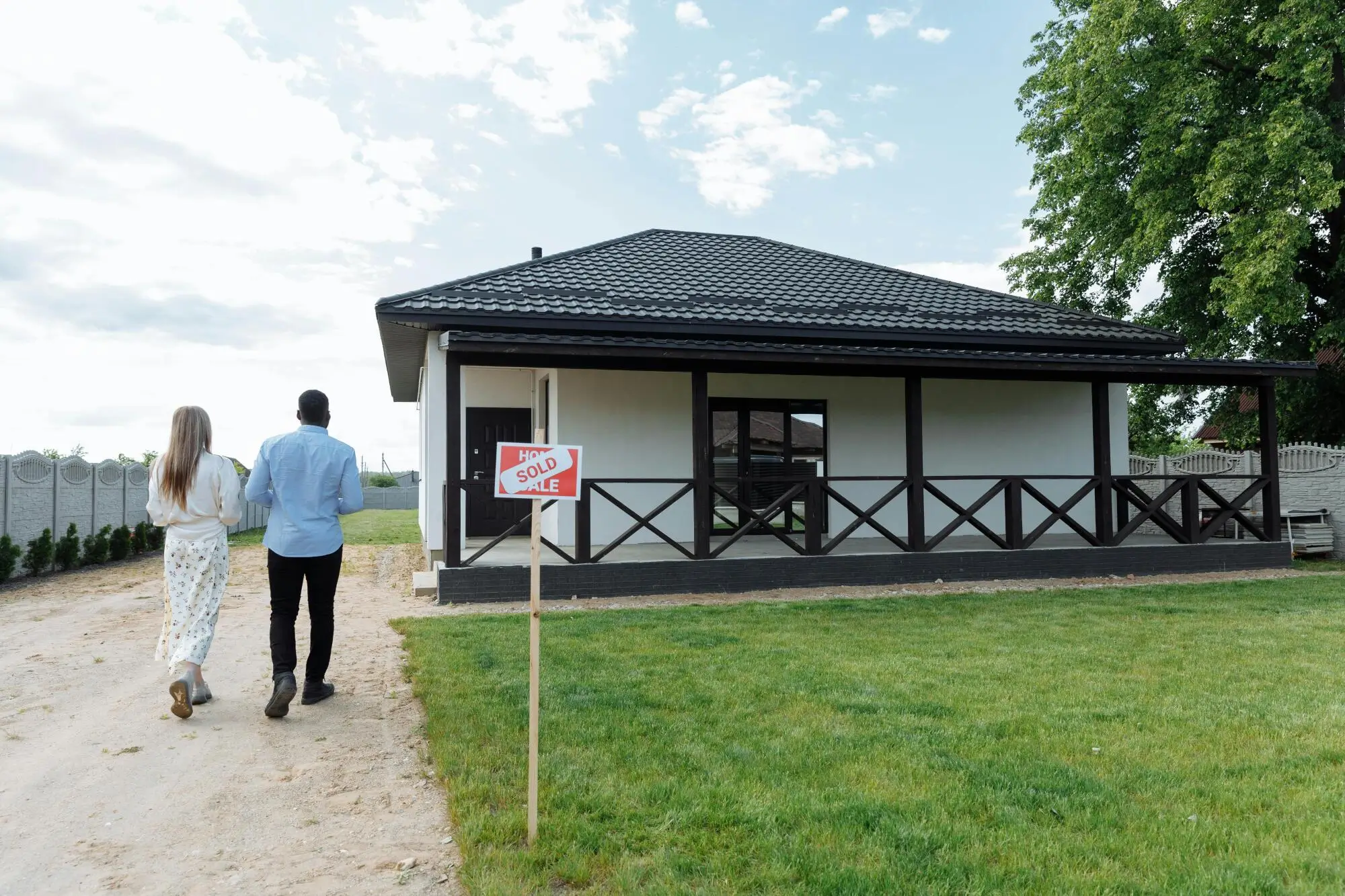Collectively, homeowners associations across the United States represent around 358,000 neighborhoods according to the website This Old House. Managing a homeowners association involves a wide range of duties aimed at keeping the community running smoothly.
With the right leadership, the association can meet the needs of its residents while handling complex administrative tasks. Let's take a closer look into the key obligations a homeowners association manager has.
Enforcing Community Rules
Effective enforcement of community rules is essential for maintaining harmony within a neighborhood. Homeowners association managers must ensure that all residents adhere to the established guidelines and bylaws.
It's often the manager's responsibility to address violations diplomatically, providing warnings or fines as necessary. By maintaining consistent enforcement, the community avoids disputes and upholds property values. Association leadership plays a key role in ensuring that everyone enjoys a peaceful and organized living environment.
Managing HOA Finances
Handling the finances of an HOA requires attention to detail and careful planning. The manager oversees all financial aspects, including:
- Budgeting
- Collecting dues
- Paying vendors
Proper HOA financial planning helps prevent shortfalls and allows the community to fund necessary projects and repairs. Managers must also keep accurate records to present to the board. Financial stability is critical for maintaining a well-functioning community.
Coordinating Maintenance and Repairs
Property maintenance is another major responsibility for HOA managers. They ensure common areas are well-maintained and safe for residents, such as:
- Pools
- Parks
- Clubhouses
Managers often coordinate repairs for shared infrastructure, scheduling contractors and ensuring work is done efficiently. Prompt attention to maintenance requests helps prevent larger issues. They keep the community looking its best. Maintaining the appearance of shared spaces benefits everyone and can even increase property values.
Overseeing Resident Communications
Clear and consistent communication is vital in HOA management. Managers must provide residents with timely updates about events or rule changes, keeping everyone informed.
This communication can happen through newsletters or official HOA meetings. Open dialogue between the manager and residents fosters a sense of transparency and trust. By keeping residents engaged and informed, the HOA manager helps build a strong sense of community.
Handling Legal and Administrative Tasks
HOA responsibilities include managing a variety of legal and administrative tasks. Managers are often required to keep updated on local laws that affect the community and ensure the HOA remains compliant. They may also handle contract negotiations and legal disputes.
Managers also oversee documentation (such as meeting minutes and resident records) to keep everything organized. Solid community management involves staying on top of all these responsibilities to ensure smooth operations.
Handle Homeowners Association Manager Duties with Care
A well-managed homeowners association ensures that the community remains a pleasant place to live. With these tips in mind, you'll understand how a homeowners association manager is supposed to operate.
PMI Bayou City offers tailored association management services designed to meet the unique needs of each community. With a dedicated manager for each property, we ensure smooth operations through expert financial oversight, communication, and maintenance coordination. You'll learn more about how our customizable solutions enhance property value and resident satisfaction when you get in touch with us today.


